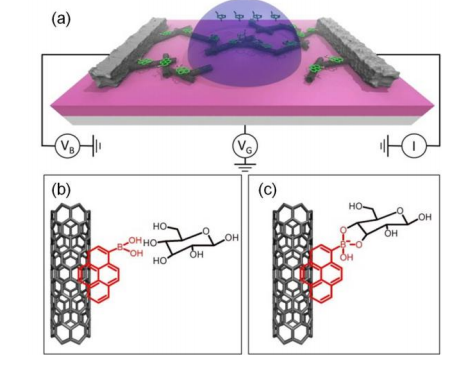- Ghost's Blogging Dashboard Doesn't Need to Exist
Are dashboards really the best way to deliver analytics to people who want to “just blog”?
I can’t make sense of website analytics at all. When I go to my personal blog, I want to just blog, not pore over dials and meters like a Con Ed repairman. Which made me curious about Ghost, a new open-source platform expressly designed as, as the creators put it, “just a blogging platform.” It’s pretty darn gorgeous. And right there in the middle of their pitch is their so-called “revolutionary” analytics dashboard, which also looks great: it’s flat (in 2013, you gotta be flat, yo), it’s got great typography, it’s got Feltron-esque infographics.
- Why Big Companies Are Investing in a Service that Listens to Phone Calls
A startup that converts conversations to text so it can offer instant information gets financing from Telefónica, Samsung, and Intel.
Would you give your wireless carrier permission to listen in on your phone calls? Telefónica, one of the world’s largest mobile carriers, is testing a technology that can understand conversations and quickly pull up relevant information. If that info turns out to be useful, customers may want to invite it to listen in.
- Carbon Nanotube Sensor Detects Glucose in Saliva
- African Bus Routes Redrawn Using Cell-Phone Data
- Updating Nest: Smarter, Sexier, and Savvier than Ever
Bringing ordinary consumers into the pro-environmental fold is Nest’s great achievement.
Nest, the only company that has ever gotten journalists to use the words “sexy” and “thermostat” in the same sentence (see “A Smart, Sexy–Thermostat?!”), today announces a sexy thermostat software update for its sexy thermostat hardware. As the Verge and others report, Version 3.5 of Nest’s software brings data to solve a few basic problems. For one thing, the Nest thermostat is now smarter about knowing when its being directly hit by sunlight (which could lead it to think your house is hotter than it is). Nest is also getting smarter about fighting mold, automatically turning off the AC to keep things dry in periods of high humidity. And Nest’s Auto-away feature has reportedly grown stronger, too, so it’s better at saving power when you’re out of the house. Last week, Nest also announced some features that help reduce energy demand during peak periods (that only rolled out with a few partner grids).
- What Will Terms-of-Service Agreements Look Like in the Age of Brain-Computer Interfaces?
As consumer tech companies bring neural interfaces ever closer to the mainstream, human-friendly legalese could become a crucial part of the user experience.
The New York Times recently claimed that brain-computer interfaces (BCI) are headed for the mainstream market sooner rather than later. Whether these kinds of “think it and the computer does it” UIs will be practical and useful enough to achieve adoption outside the “glasshole” set is up for debate. But one thing’s for sure: consumer products mean legalese–a lot of it. Few of us read the Terms of Service (TOS) agreements associated with the bevy of networked technology we blindly rely on. We only tend to notice or care about TOS when something breaks or freaks us out after the fact (as Instagram found out last year). But when a consumer product claims to jack itself right into your mind? That might just make people want to actually read these contracts up front.
- Google Now Finally Heads to the iPhone
Google’s smart personal assistant hits iOS, but will users care?
Google Now, which offers users automatically updated, personalized information via a series of on-screen “cards,” just made the jump from Android to the iPhone, hoping to woo fans of Apple’s Siri. iOS users can get Google Now as an update to Google’s existing Search app; you just swipe a finger upward on the app’s main screen to pull it up.
Digest powered by RSS Digest


